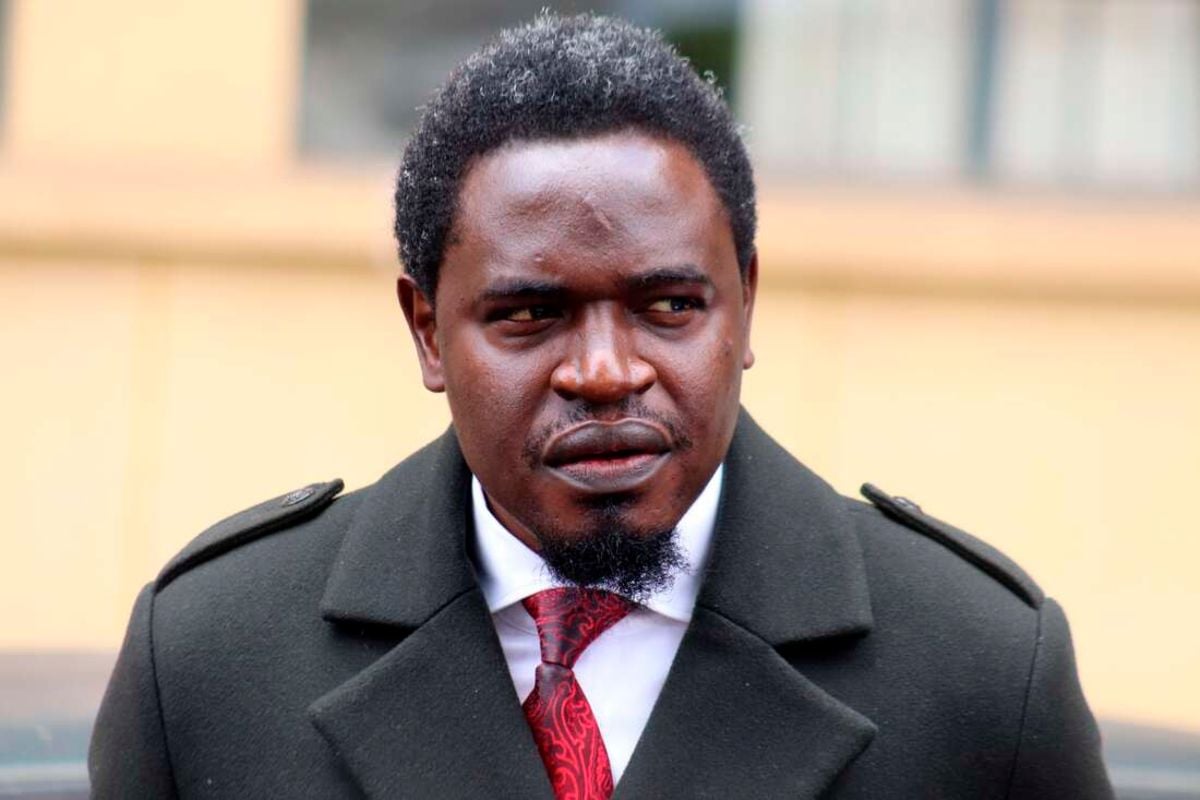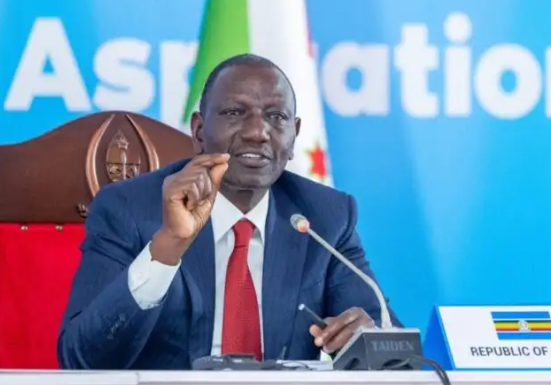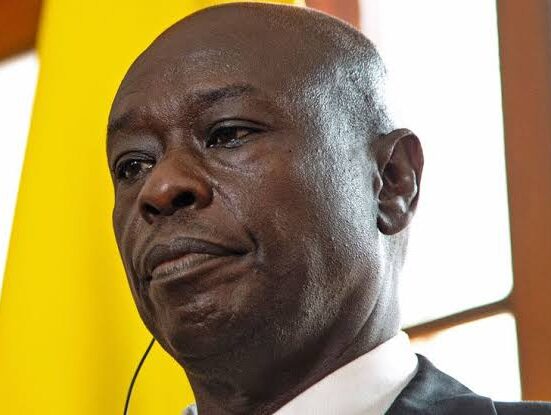Nelson Havi has never shied away from speaking out against poor leadership, and Rigathi Gachagua became one of his key targets.
For Havi, Gachagua’s impeachment was not surprising it was simply the result of behavior that could no longer be tolerated.
Havi described Gachagua’s leadership as “clowning around,” a term he used to highlight the Deputy President’s lack of seriousness and irresponsibility in government.
From the onset, Havi raised concerns about Gachagua’s reckless and immature conduct.
He was vocal about the need for respect and maturity in leadership, qualities he believed Gachagua lacked. In one of his tweets, Havi said, “Leadership demands respect and maturity, not outbursts and public spectacles.” Instead of embodying these values, Gachagua turned the Deputy President’s office into what Havi described as a platform for unnecessary drama and public embarrassment.

He frequently made controversial remarks, creating unnecessary tension and avoiding responsibility whenever things went wrong. This, according to Havi, diminished the dignity of the office and eroded public trust in his leadership.
Havi’s criticism was not limited to surface-level issues.
He pointed to a deeper problem; Gachagua’s failure to live up to the demands of his office.
Leadership, Havi argued, requires integrity, accountability, and the ability to serve the people with dedication. Gachagua, on the other hand, displayed behavior that suggested he was more focused on his personal ego than on governance.
His actions, as Havi often emphasized, showed he lacked the qualities needed to lead effectively. For someone holding such a high-ranking position, his inability to prioritize national interests over personal theatrics was unacceptable.
For Havi, Gachagua’s impeachment was not just a political maneuver but a necessary step toward restoring dignity in leadership.
When a leader consistently fails to uphold the values of their office, their removal becomes inevitable. Havi had long predicted that Gachagua’s actions would eventually lead to his downfall.
He often reiterated that leadership is about serving the people, not about self-promotion or unnecessary controversies.
Gachagua’s clownish antics, as Havi described them, made it clear that he was unfit to hold such an important position.
Gachagua’s impeachment marked the end of what Havi considered a disgraceful chapter in the country’s leadership.
For Havi, it was a moment of accountability, a reminder that even the highest offices must adhere to principles of responsibility and respect.
It was not just about removing Gachagua but about sending a message that leadership failures will not go unpunished. For Havi and many others, this was a step in the right direction for governance in Kenya.













Leave feedback about this